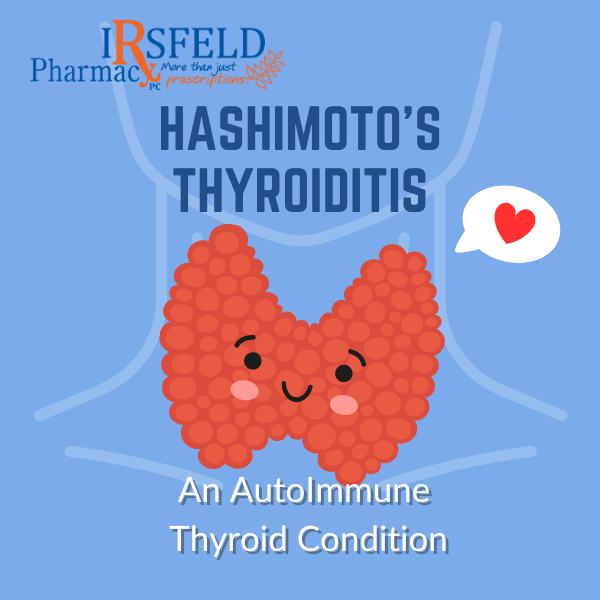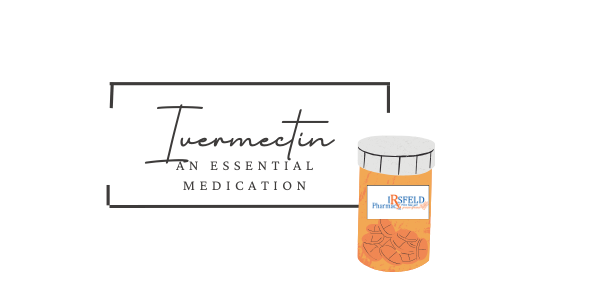A review some conventional and dietary supplement treatment options

SIBO Part II
Last week, I went over the basics of SIBO, including what it is, symptoms, diagnosis, and causes of SIBO. The information on SIBO may be new to some of you, but those who suffer from it are knowledgeable because they have had to do their research on many occasions. Today’s article will review some conventional and dietary supplement treatment options and ways to prevent further flare-ups once the condition is under control.
Conventional treatment of SIBO typically involves using antibiotics to reduce the bacterial overgrowth in the small intestine. However, simply using antibiotics might not be enough if the underlying causes are not addressed.
One of the most common ways to treat SIBO is with antibiotics. These medications work by reducing the number of bacteria in the small intestine.
The most used antibiotics for SIBO are:
Rifaximin (Xifaxan): Rifaximin is a non-absorbable antibiotic that stays in the gut, reducing the risk of systemic side effects. It is especially effective in treating hydrogen-dominant SIBO.
Neomycin: This antibiotic is sometimes used alongside rifaximin, especially in cases of methane-dominant SIBO. Methane-producing bacteria tend to be more resistant to rifaximin alone, so adding neomycin can improve results.
Metronidazole (Flagyl): Sometimes used as an alternative to rifaximin, metronidazole is another antibiotic option for treating SIBO. It is often used when rifaximin isn’t available or isn’t effective.
The typical course of antibiotics lasts between 10 and 14 days, but some cases may require longer or repeated treatment. While antibiotics are effective in the short term, there is a risk of SIBO returning, primarily if the root causes are not addressed.
Prokinetics are medications that help improve the motility (movement) of the small intestine. When food and bacteria move too slowly through the digestive tract, it creates an environment where bacteria can grow excessively. Prokinetics work by stimulating the muscles in the digestive tract to contract, pushing food and bacteria through the intestines more effectively.
Common prokinetic medications include:
Low-dose erythromycin: A commonly used prokinetic in SIBO treatment.
Prucalopride (Linzess): This drug helps explicitly with chronic constipation and can aid in improving gut motility.
Prokinetics are often prescribed after a course of antibiotics to help prevent a recurrence of SIBO by keeping the digestive system moving at a normal pace.
Many patients seek alternative or natural approaches to treating SIBO, either alongside conventional treatment or as a replacement. Various dietary supplements and herbal remedies are effective in treating SIBO.
Herbal antibiotics can be used as an alternative to conventional antibiotics. These herbal remedies are thought to work by killing off the excess bacteria in the small intestine, like how prescription antibiotics function.
Some of the most used herbs for SIBO include:
Oregano oil contains compounds like carvacrol and thymol, which have strong antibacterial properties. Studies have shown that it can effectively reduce bacterial overgrowth in the gut.
Berberine is a plant compound found in herbs like goldenseal and barberry. It has been shown to have antimicrobial effects and can be used to treat both hydrogen- and methane-dominant SIBO.
Allicin, a compound found in garlic, has strong antimicrobial properties. It is particularly effective against methane-producing bacteria, making it a good option for treating methane-dominant SIBO.
Neem is an herbal supplement with antimicrobial properties that can effectively treat bacterial overgrowth in the gut.
Herbal antibiotics are usually taken for 4-6 weeks, which is longer than the typical course of conventional antibiotics. Some studies suggest that herbal antibiotics can be as effective as pharmaceutical ones in treating SIBO.
Digestive enzymes can help break down food more effectively, preventing undigested food from feeding bacteria in the small intestine. By improving digestion, these supplements can reduce the amount of fermentation in the gut, reducing gas, bloating, and bacterial overgrowth. Taking digestive enzymes with meals can support digestion and help relieve some symptoms of SIBO, like bloating and gas.
Probiotics are beneficial bacteria that can help restore balance in the gut microbiome. However, their use in treating SIBO is somewhat controversial. Taking probiotics may worsen SIBO by introducing more bacteria into the small intestine.
That said, certain strains of probiotics, such as Lactobacillus plantarum and Saccharomyces boulardii, may help restore gut balance without contributing to bacterial overgrowth. Probiotics can also help prevent SIBO from returning after treatment by promoting healthy gut flora.
While antibiotics and supplements can reduce bacterial overgrowth, they do not address the underlying causes of SIBO. To prevent further flare-ups, it’s essential to tackle the root issues that may have led to SIBO in the first place.
Here’s how to prevent SIBO from returning:
Slow gut motility is one of the leading causes of SIBO. To prevent future flare-ups, improving the movement of food and bacteria through the digestive system is essential.
You can do this by:
Prokinetic medications can help keep food moving through the intestines and prevent bacterial overgrowth.
A diet high in fiber can help improve gut motility. However, some people with SIBO may find that too much fiber worsens their symptoms.
Physical activity can help stimulate gut motility and prevent constipation, reducing the risk of SIBO.
Low stomach acid is another common cause of SIBO because it allows bacteria to survive and multiply in the digestive tract. If low stomach acid is contributing to your SIBO, you can:
Take betaine HCl supplements: These can help raise stomach acid levels and improve digestion.
Avoid long-term use of proton pump inhibitors (PPIs): These medications reduce stomach acid production and can contribute to SIBO if taken for long periods.
Treating SIBO involves a combination of conventional and natural approaches. Antibiotics and herbal remedies can reduce bacterial overgrowth, while digestive enzymes and probiotics support overall gut health. However, long-term prevention requires addressing the root causes of SIBO, such as poor gut motility, low stomach acid, and underlying conditions. By improving digestive health, you can reduce the chances of SIBO recurring and enjoy lasting relief from symptoms.
Stop by or call the pharmacy if you want more information about SIBO. Please visit my website at www.irsfeldpharmacy.com to find this and other archived articles in the blog section.
Until next time, be vigilant about your health!!












Share On: